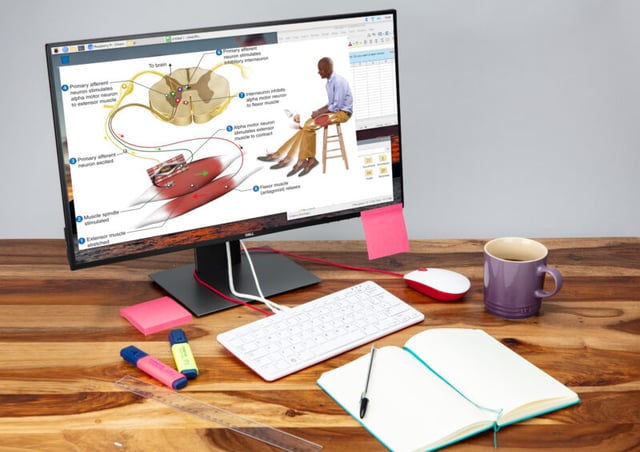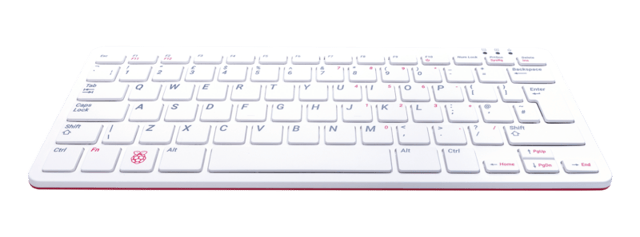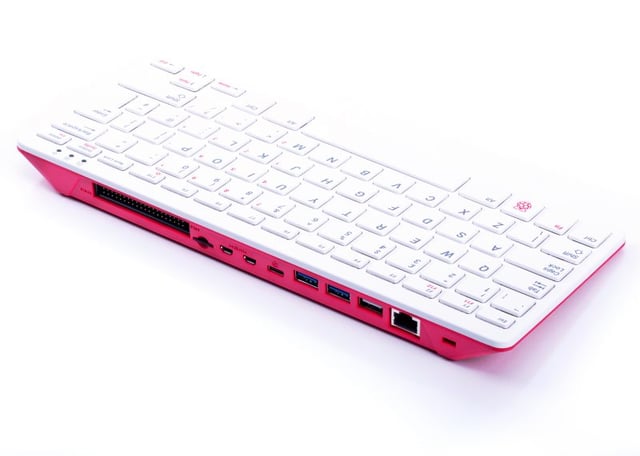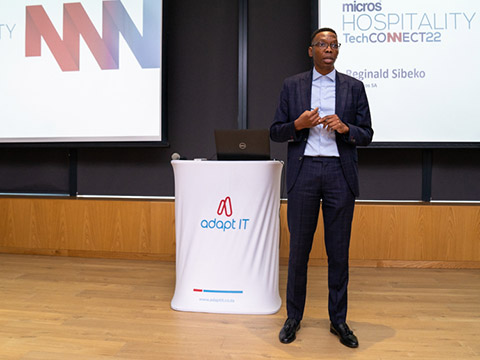Students needed equipment for remote learning. Raspberry Pi 400 gave them access to online opportunities

When the pandemic hit, nursing and midwifery students training for vital frontline roles had to switch to remote learning for some of their studies, but many lacked equipment at home to access online material. Wisenet stepped in to help by donating computers: the compact desktop Raspberry Pi 400 was the ideal choice.
Solution: Raspberry Pi 400
Size of business: Large public sector organisations
Industry: Public healthcare
People around the world had to adapt to working and studying from home when measures to tackle the COVID-19 pandemic meant that educational organisations and workplaces needed to shut their doors. For a remote model to work, organisations need the right equipment, software, and practices; and so do individuals. However, access to computing equipment at home is far from universal, and for many people the lack of a computer suitable for working presented a huge obstacle.
The challenge
Nursing schools across Kenya and Malawi worked hard to provide remote learning opportunities for their students when the COVID-19 pandemic hit. With a number of offices across Africa, education management software provider Wisenet (a division of Adapt IT) was well placed to help with the response to the challenge. They partnered with a charity, the Medical Benevolence Foundation (MBF), to provide online courses across a group of schools that host 2500 nursing and midwifery students across the region, using the open source learning platform Moodle.
However, while faculty reported a high level of satisfaction with the way the new platform allowed them to create course content and customise it for different student groups, they discovered that some learners didn’t have the equipment they needed to access this content at home.
The solution
Wisenet began donating Raspberry Pi 400 compact desktop computers to MBF-supported nursing colleges so their students can use the devices for online learning. Students can use Raspberry Pi 400 to access remote learning resources as well as for general computing. To extend the reach of the programme as far as possible, Wisenet also committed to matching donations of Raspberry Pi 400 by their customers and by other organisations.

Why Raspberry Pi?
Raspberry Pi 400 is these students’ only computer, so a key feature is that it offers a complete desktop experience while being straightforward to set up and use. A fast processor, USB 3.0 ports, and 4GB of RAM are all built into a compact, high-quality keyboard, keeping setup simple for students so they can focus on learning. Its low cost and portability, notes Wisenet, make it “ideal for course delivery and access to online resources”.
Meanwhile, Raspberry Pi OS, Raspberry Pi’s free and fully supported operating system, provides an intuitive and easy-to-use environment for study. The optimised version of the Chromium web browser means students can use web-based resources easily and quickly, including essential everyday applications like Gmail and Zoom.
The results
Learners are able to use their Raspberry Pi 400s to attend virtual classes and access study materials as well as to interact with tutors and other students in online forums, giving them easy access to the help they need. The impacts extend beyond home study: in addition to enabling students to learn at home, some of the computers are used within institutions to increase access to in-service training.

Wisenet is incredibly proud to be associated with MBF and the schools, says Ben Hamilton, its CEO and co-founder: “We know these devices will help learners reach new heights. Having access to this technology provides the schools with the opportunity to do incredible things.”
Lisa Alianiello, Director of the Centre for Global Nursing Development, is heading up the initiative for the MBF. “Our partnership with Wisenet assists in putting the most current nursing education information directly in the hands of faculty and students,” Alianiello reports. “As a result, new nursing graduates are ready to help provide much-needed medical care in their countries.”
Source: Raspberry Pi
